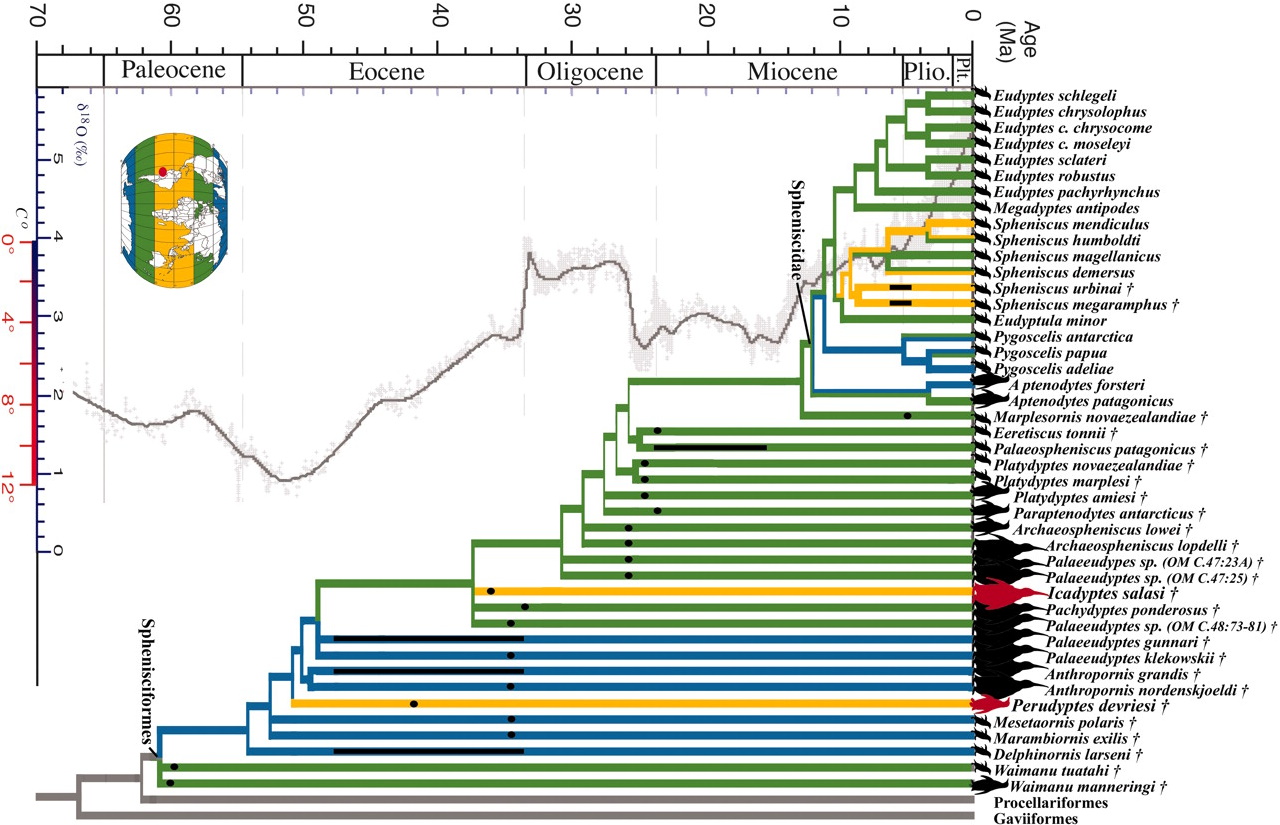The problem comes from melting sea ice, according to the report in the July 2010 issue of Ecology. As the climate changes and more of Antarctica's Ross Ice Shelf melts, Adélie penguins will be forced farther inland. This will take the birds away from the small amount of sunlight they have during certain parts of the year at current latitudes, leaving them unable to see, hunt or endure.
The study followed two Adélie penguin colonies on Antarctica's Ross Island for three years, using geolocation sensor tags to track them as they migrated. As winter approached, the researchers found that the penguins always stayed in areas where there was a high concentration of sea ice and where there was at least two hours of twilight a day. (As one travels farther south, there are long daylight hours in summer, but as the season advances toward winter, daylight hours grow steadily shorter until in many parts of Antarctica the sun doesn't rise above the horizon at all.) The researchers then used the migration patterns they had observed to conjecture on how those patterns have changed as the Ross Ice Shelf has retreated across the Ross Sea, off the coast of Antarctica, over the past 12,000 years (as illustrated in this animation), and in more recent decades as well as how it could change in the future.
"As sea ice extent in the Ross Sea sector decreases in the near future, as predicted by climate models, we can expect further changes in the migration patterns of the Ross Sea penguins," according to the paper's abstract.
"Ultimately, penguins around Antarctica will face darkness or lack of ice," lead author Grant Ballard of PRBO Conservation Science said in a prepared statement.
"From studying the long-term history of this species in Antarctica, we know that animals are actually very good at adapting to fluctuating conditions in their environment," Ballard said." They do this by changing their migration routes or altering other feeding behaviors. In this case, however, ice conditions are changing so rapidly the penguins may not be able to adapt in time."
The research was funded by the National Science Foundation and the U.S. Antarctic Program.
Photo: Adélie penguins, via Wikipedia
Source








No comments:
Post a Comment